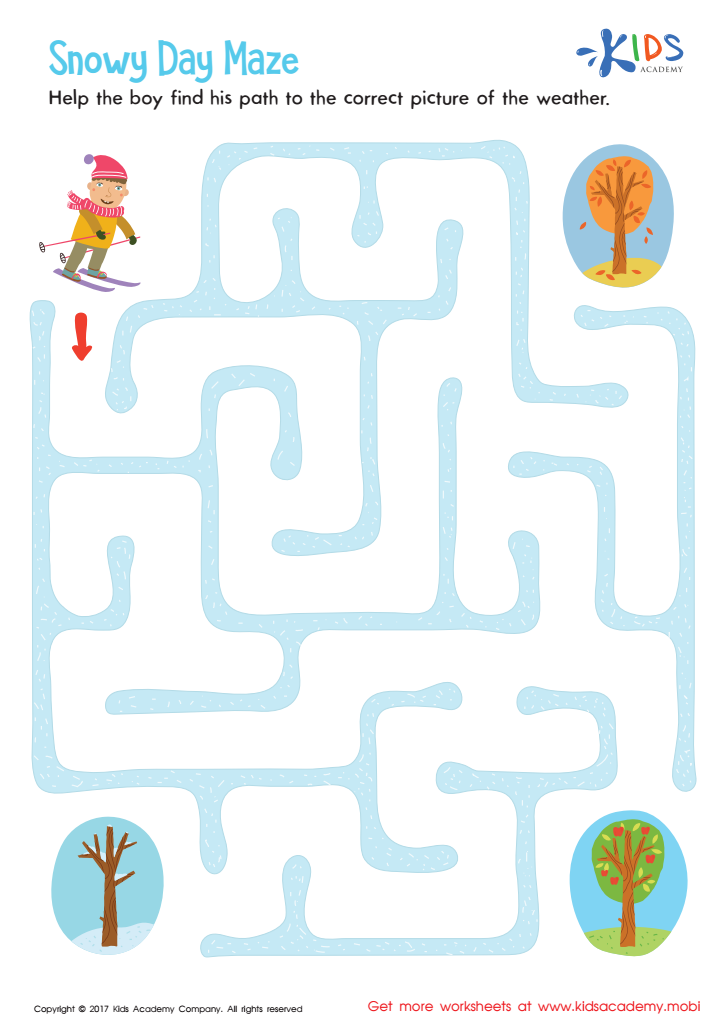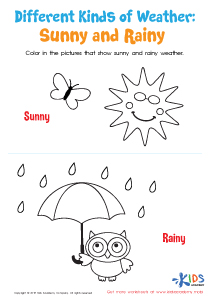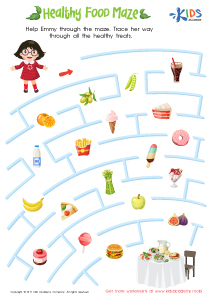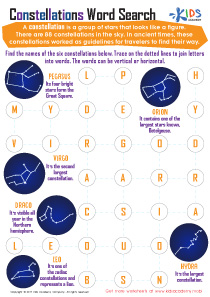Problem-Solving Skills Easy Science Worksheets for Ages 5-9
5 filtered results
-
From - To
Introduce your young learners to the fascinating world of science with our Problem-Solving Skills Easy Science Worksheets designed for ages 5-9. These engaging, age-appropriate worksheets are crafted to boost critical thinking, encourage curiosity, and develop problem-solving skills through relatable and fun activities. Each worksheet covers various science topics, including simple experiments, observations, and hands-on challenges, transforming learning into an exciting adventure. Perfect for classroom use or after-school enrichment, these resources will aid in enhancing your child's independent thinking and creativity, making science a favorite subject while laying a strong foundation for future success.
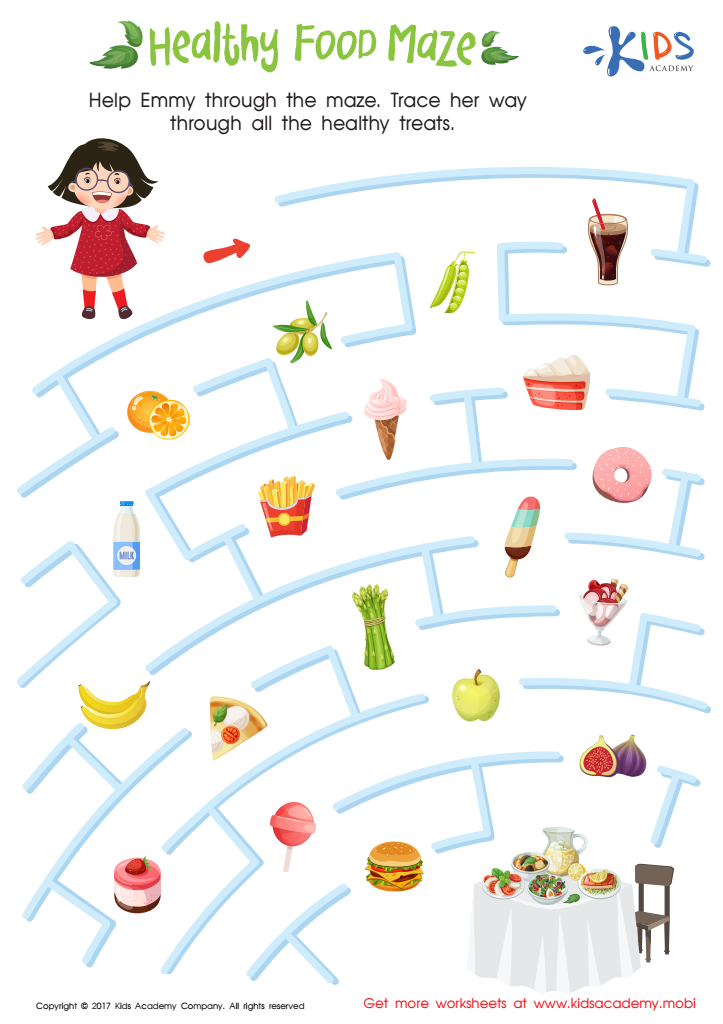

Healthy Food Maze Printable
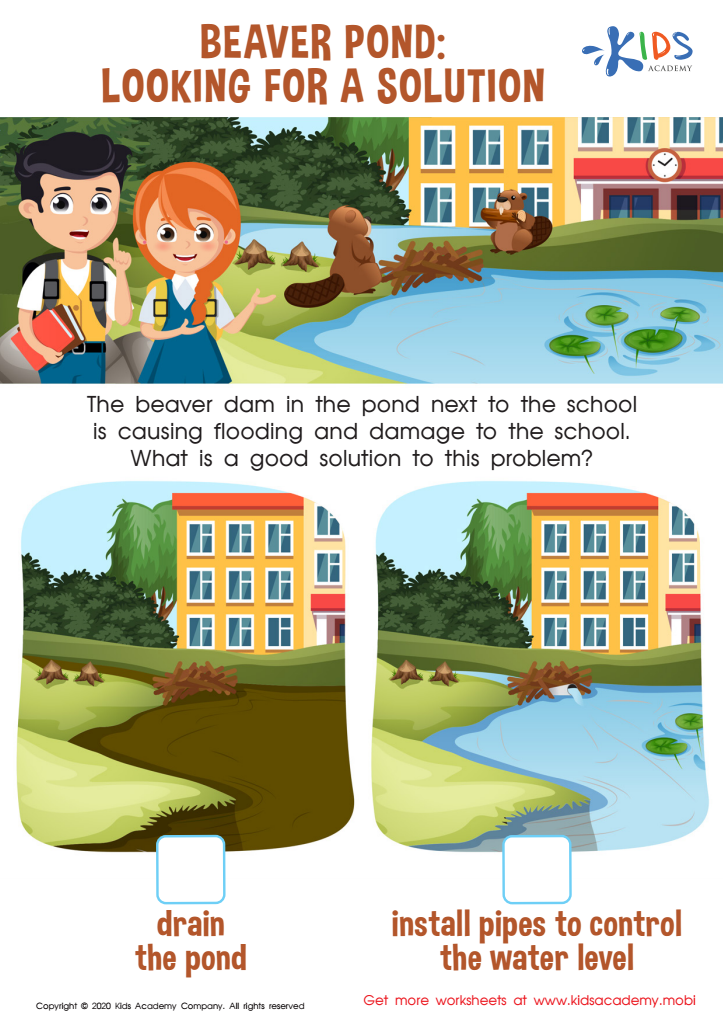

Beaver Pond: Looking for a Solution Worksheet
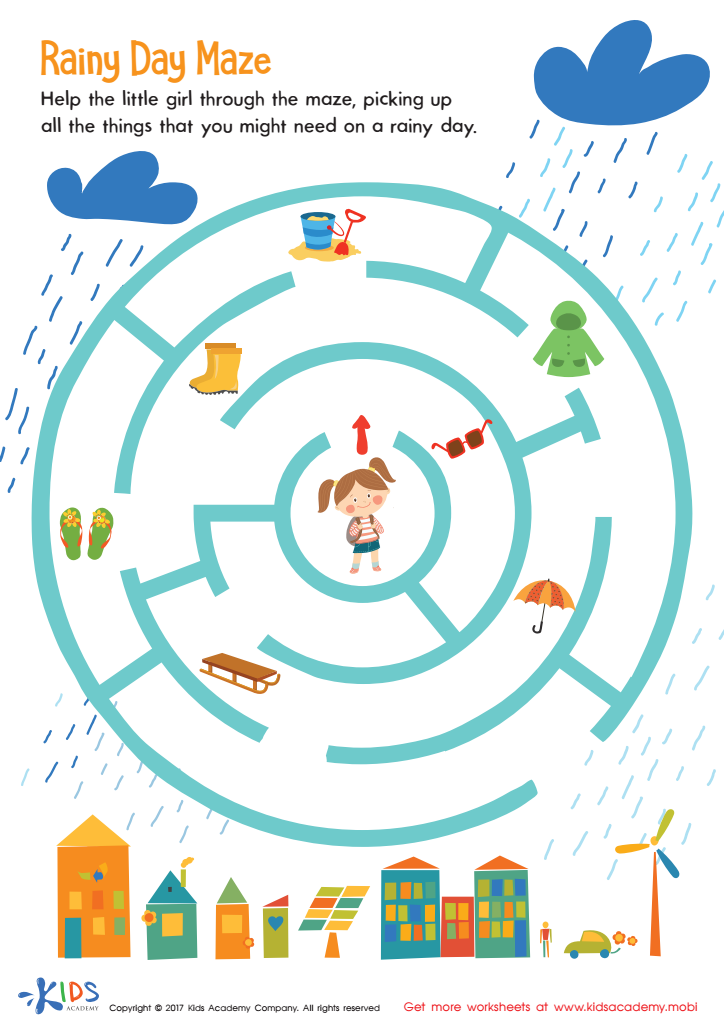

Rainy Day Maze Worksheet
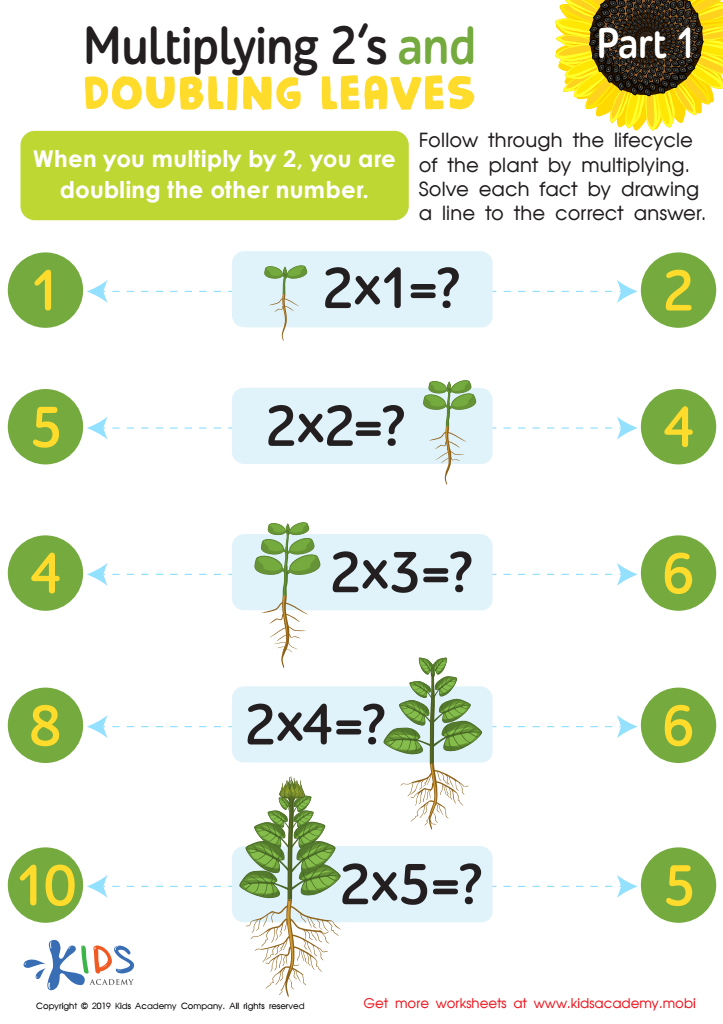

Multiplying 2’s and Doubling Leaves Part 1 Worksheet
Parents and teachers should prioritize problem-solving skills for children aged 5-9 because these skills are fundamental to their cognitive and emotional development. At this crucial stage, children's brains are highly adaptable and receptive to new learning experiences. Introducing easy science concepts related to problem-solving not only makes learning enjoyable but also fosters critical thinking and creativity. When children engage in problem-solving activities, they learn to analyze situations, think logically, and make informed decisions. These abilities are essential, not just academically, but also in everyday life, helping them mature into independent and resourceful individuals.
Furthermore, developing problem-solving skills early on can significantly boost a child's self-confidence and resilience. When children solve problems themselves, they gain a sense of accomplishment and are more likely to tackle new challenges with a positive attitude. This can encourage a lifelong love of learning and curiosity. Additionally, problem-solving activities often encourage teamwork and communication, which are vital social skills.
By integrating problem-solving into science learning, parents and teachers can provide a multidisciplinary educational experience that blends knowledge and practical skills. This holistic approach ensures that young children are better prepared for future academic endeavors and life challenges, forming a solid foundation for their overall development.

 Assign to My Students
Assign to My Students
